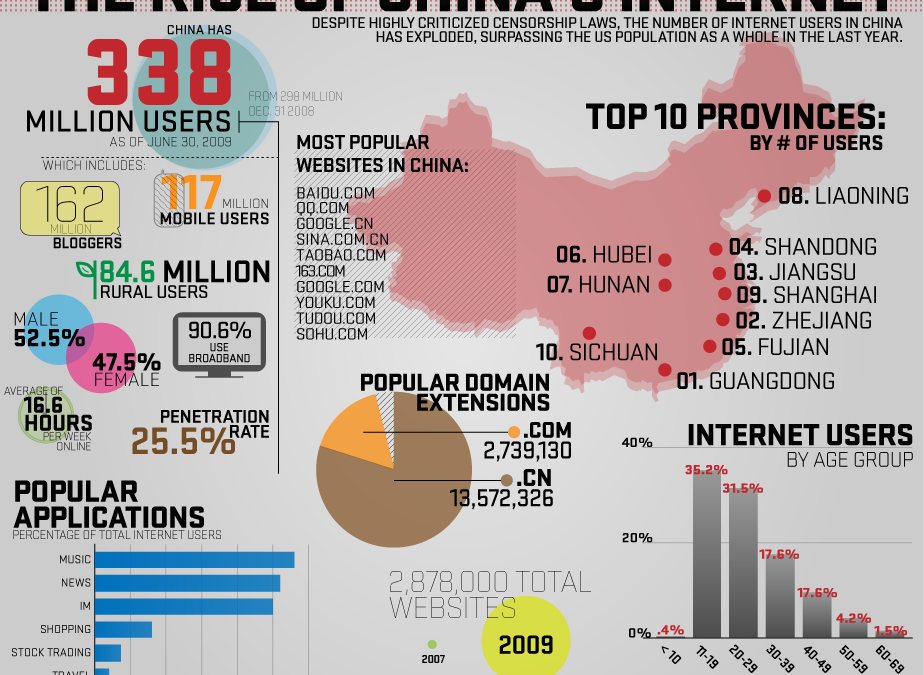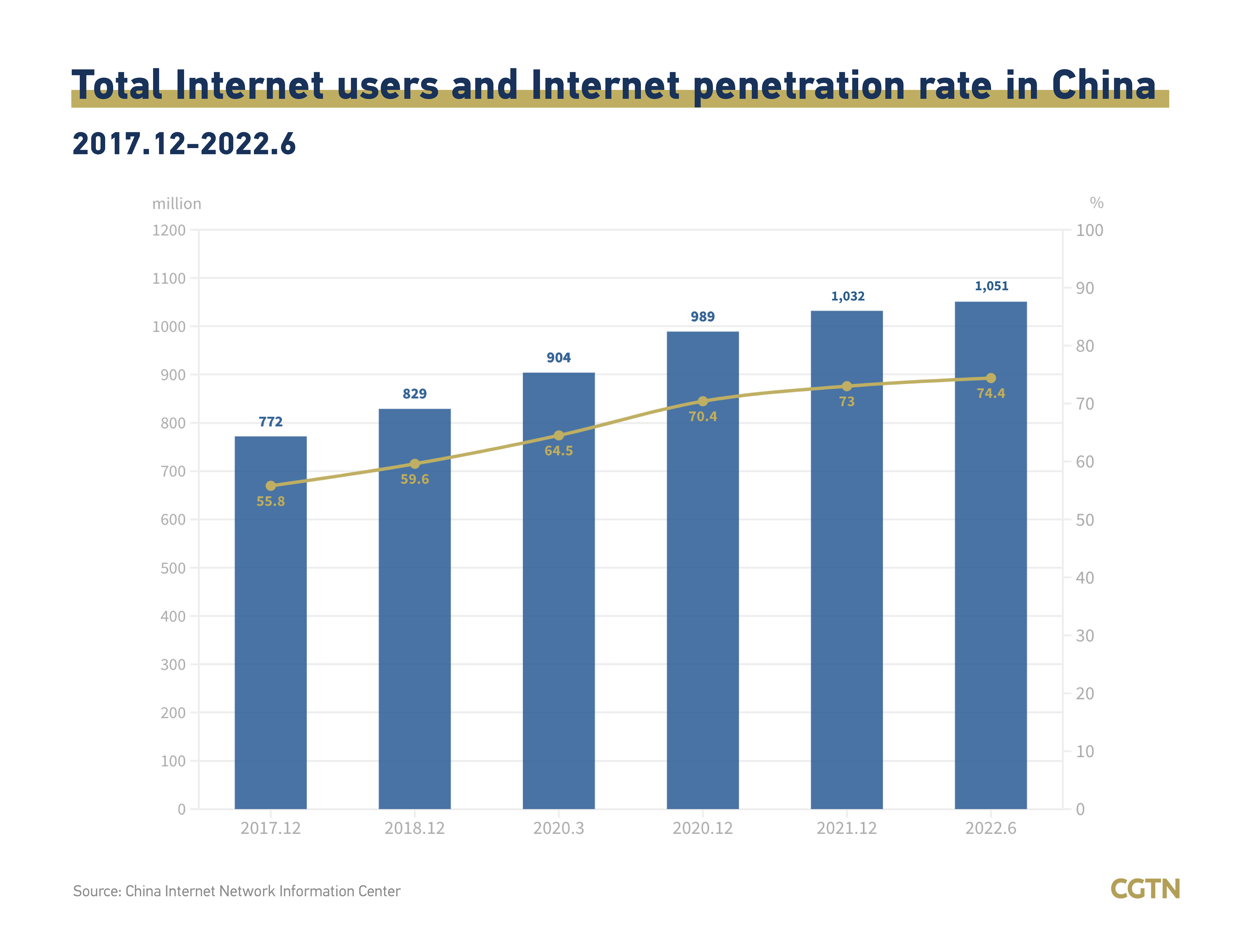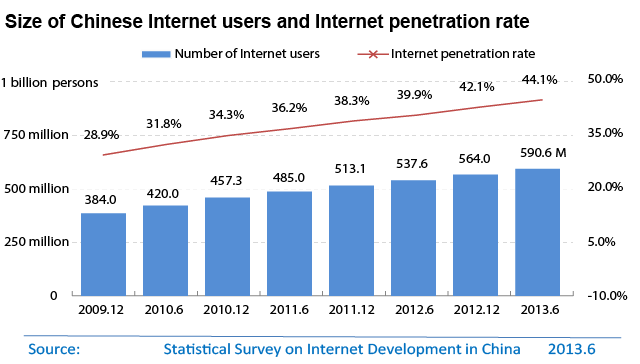The Rise Of Online Work In China: A Comprehensive Overview
The Rise of Online Work in China: A Comprehensive Overview
Related Articles: The Rise of Online Work in China: A Comprehensive Overview
Introduction
With great pleasure, we will explore the intriguing topic related to The Rise of Online Work in China: A Comprehensive Overview. Let’s weave interesting information and offer fresh perspectives to the readers.
Table of Content
The Rise of Online Work in China: A Comprehensive Overview

China’s digital landscape has undergone a dramatic transformation, mirroring the global shift towards the internet and its associated opportunities. This evolution has spurred a significant rise in online work, offering a diverse range of opportunities for individuals seeking flexible and remote employment. This article examines the current state of online jobs in China, analyzing its growth drivers, key sectors, challenges, and future prospects.
The Genesis of Online Work in China
China’s online work ecosystem has roots in the early 2000s, fueled by the rapid adoption of internet technologies and the emergence of e-commerce platforms like Alibaba and Taobao. These platforms not only facilitated online shopping but also created a demand for individuals to perform tasks such as customer service, product descriptions, and online marketing.
The subsequent rise of social media platforms like WeChat and Weibo further expanded the online work landscape. These platforms became fertile ground for freelancers and remote workers, offering opportunities in content creation, social media marketing, and online tutoring.
Key Drivers of Online Work Growth
Several factors have contributed to the exponential growth of online jobs in China:
- Economic Transformation: China’s transition from a manufacturing-driven economy to a service-oriented economy has created a demand for skilled professionals in various sectors, including technology, finance, and education. Online work provides a platform for individuals to access these opportunities, regardless of their geographical location.
- Technological Advancements: The widespread adoption of smartphones, high-speed internet, and cloud computing technologies has made it easier for individuals to access online platforms and perform remote work.
- Rising Education Levels: China’s burgeoning middle class has fueled a demand for higher education and professional skills. Online work provides an avenue for individuals to acquire these skills and enhance their employability.
- Government Support: The Chinese government has recognized the potential of online work to foster economic growth and create employment opportunities. Initiatives such as the "Internet Plus" strategy have aimed to promote digital innovation and online work.
Prominent Sectors in Online Work
The online work landscape in China encompasses a diverse range of sectors, with some of the most prominent including:
- E-commerce: This sector offers opportunities in customer service, product descriptions, online marketing, and social media management. Platforms like Alibaba, JD.com, and Pinduoduo are major employers in this space.
- Content Creation: With the rise of online platforms like WeChat, Weibo, and Douyin (TikTok), there is a significant demand for content creators, writers, editors, and translators.
- Education: Online tutoring and education platforms like VIPKid, DaDa, and Xueersi have created opportunities for teachers and educators to provide remote instruction.
- Technology: The technology sector offers opportunities in software development, data analysis, web design, and digital marketing. Companies like Tencent, Alibaba, and Baidu are major employers in this space.
- Freelancing: Platforms like Upwork, Fiverr, and Freelancer connect freelancers with clients for projects in various fields, including writing, design, programming, and marketing.
Challenges and Considerations
Despite the significant growth and opportunities, online work in China faces certain challenges:
- Competition: The competitive landscape for online jobs is intense, with a large pool of individuals seeking opportunities. This can make it challenging to secure high-paying gigs and maintain a steady income.
- Lack of Regulation: The lack of comprehensive regulations governing online work can lead to issues such as wage theft, unfair working conditions, and lack of social security benefits.
- Digital Divide: Access to technology and internet connectivity can be a barrier for individuals in rural areas or with limited resources.
- Language Proficiency: For certain online jobs, proficiency in English or other foreign languages is essential, which can limit opportunities for individuals with limited language skills.
Future Prospects and Trends
The future of online work in China is promising, with several key trends shaping its evolution:
- Artificial Intelligence (AI) and Automation: AI-powered tools and automation are expected to play an increasingly significant role in online work, automating repetitive tasks and creating new opportunities in areas like data analysis and machine learning.
- Gig Economy: The rise of the gig economy is expected to continue, offering individuals greater flexibility and control over their work.
- Remote Work: The pandemic has accelerated the adoption of remote work, and this trend is likely to continue, creating more opportunities for online workers.
- Cross-Border Collaboration: China’s growing global influence is expected to lead to increased cross-border collaboration, creating new opportunities for online workers to connect with clients and employers internationally.
FAQs
1. What are the most popular online job platforms in China?
Some of the most popular platforms include:
- Freelancing platforms: Upwork, Fiverr, Freelancer, Zhubajie (猪八戒), and Kankan (看点).
- E-commerce platforms: Alibaba, JD.com, Pinduoduo, and Taobao.
- Content creation platforms: WeChat, Weibo, Douyin (TikTok), and Toutiao (今日头条).
- Education platforms: VIPKid, DaDa, Xueersi, and VIPABC.
2. What are the average earnings for online workers in China?
Earnings vary significantly depending on the sector, skill level, and experience. However, online workers can earn a competitive income, with some individuals earning more than traditional employees.
3. What are the legal considerations for online work in China?
The legal framework for online work in China is still evolving. It is important for online workers to understand their rights and obligations, including tax obligations and labor laws.
4. What are the key skills required for success in online work?
Key skills include:
- Language proficiency: English or other foreign languages may be required for certain jobs.
- Computer skills: Proficiency in Microsoft Office, web browsing, and online communication tools is essential.
- Communication skills: Strong written and verbal communication skills are crucial for effective collaboration and client interaction.
- Time management: Online workers need to be able to manage their time effectively and meet deadlines.
- Adaptability: The online work landscape is constantly evolving, so adaptability and a willingness to learn new skills are important.
Tips for Success in Online Work
- Identify your strengths and interests: Choose online work opportunities that align with your skills and interests.
- Build a professional online presence: Create a portfolio or profile on relevant platforms to showcase your skills and experience.
- Network with other online workers: Connect with other professionals in your field to learn from their experiences and build relationships.
- Stay updated on industry trends: Keep abreast of the latest technologies and trends in your field to remain competitive.
- Develop your skills: Continuously invest in your skills and knowledge to enhance your employability.
Conclusion
Online work in China has emerged as a significant force in the country’s economic landscape, offering a diverse range of opportunities for individuals seeking flexible and remote employment. While challenges exist, the future of online work in China is promising, fueled by technological advancements, government support, and the evolving nature of work itself. As the digital landscape continues to evolve, online work will likely play an increasingly prominent role in shaping the future of employment in China.








Closure
Thus, we hope this article has provided valuable insights into The Rise of Online Work in China: A Comprehensive Overview. We hope you find this article informative and beneficial. See you in our next article!
You may also like
Recent Posts
- Navigating The Digital Landscape: Online Job Opportunities For 17-Year-Olds
- Navigating The Amazon Ecosystem: Online Opportunities For Students
- Navigating The Digital Landscape: Online Jobs In Illinois
- Navigating The Realm Of Remote Work In Malta: A Comprehensive Guide
- The Rise Of Remote Work: A Comprehensive Look At Online Jobs In America
- Unlocking Opportunities: Online Tutoring As A Career Path For Women
- The Rise Of Remote Work: A Comprehensive Guide To Online Jobs From Home In The USA
- The Digital Frontier: Navigating Entry-Level Online Jobs Without Prior Experience
Leave a Reply